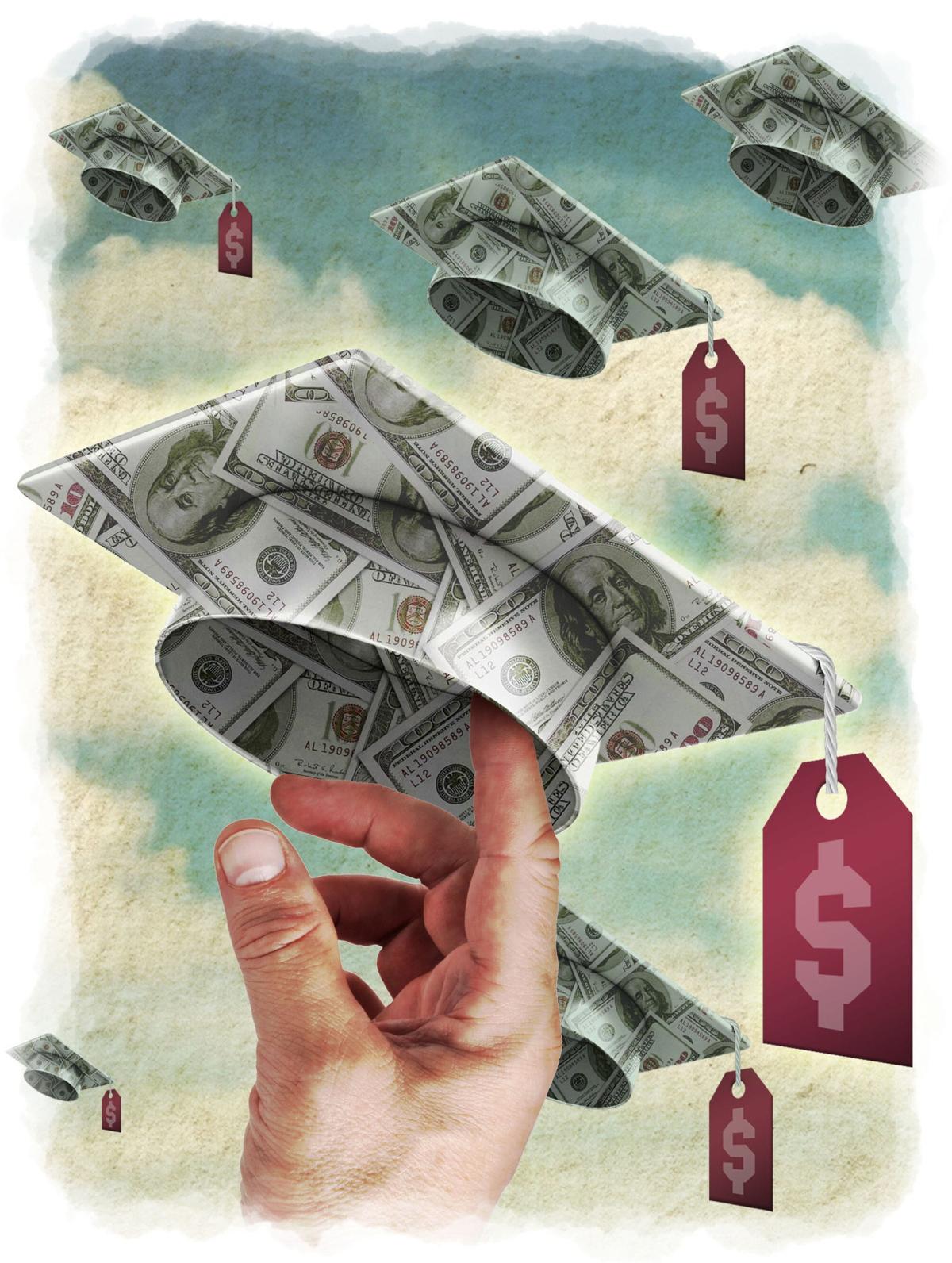Welcome to Sam’s Government Subsidies for Corporations and Social Safety Nets, how can I help you?
Five government subsidies? Yes I can do that. And what about the Social- Just the government subsidies for corporations then? Okay we’ll have those right to you.
It’s almost as though capitalism is destroying itself / the world / us.
We’re reaching the end of it. Any good times for ordinary people are in the past. Boomers were born on third base (Europe was destroyed + America was untouched = explosive growth) and thought they hit a
triplehome run. Then they blame younger generations for being lazy and bad at finance.Young adults face myriad economic challenges in 2024 America. College costs and student debt loads are rising. House prices have soared. Mercurial inflation and interest rates have vexed consumers.
Parents, for their part, seem ever more inclined to carry on with parenting well past the age a child exits childhood, removing every obstacle in their path. Some researchers call it “snowplow” parenting.
This sounds a lot like they’re blaming parents. And not the fucking backwards concept of life in this country.
“Parents are giving up retirement to keep their kids out of crippling debt. Have parents gone too far?”
Gtfoh
Are parents ruining millennials?
millENiAls ARe DEstRoYINg tHEiR paREnts’ RetiREmENt SAVinGS!
Millennials are the parents now
Haha we can’t afford kids, many 30 years are still relying on parental help or living at home.
Many are grandparents.
I think that’s pushing it. Some are but not many are at that point yet
‘Merica!
I don’t like your tone.
It’s 'murica!
'murr’ca?
Fuckin’ A!
Merca, like Mecca, but for the mercantile. Praise be the all-powerful Profit margins!
Is this wholly America?
I’m wondering if the rest of the world is seeing a massive uptick in expenses and limited compensation. I read about a bunch of Asian countries are now returning to 20-30s living with parents as a norm again, when they were starting to be like westerners and getting their own place.
This definitely feels like the product of late-stage capitalism. Where do you think this will end if the owning class thinks they can now rely on money from not just one person but also their family?
They don’t care that you have a family. Executives commonly say things in their shareholder calls about “extracting more value” from people or something along those lines.
They don’t care if it’s one person or twelve, they just care that people are still buying their products, and that the revenue they gain with price gouging is higher than the revenue lost by people fucking starving and not being able to buy anymore.
If this is true it might help explain the recent divergence between GDP and GDI.
At this point GDP is literally just a measure of how well the 1% are doing.
When the GDP is bad, we all suffer and prices go up. When the GDP is good, we all suffer and prices stay high
Always has been. 👨🚀🔫👨🚀
The optimist in me says maybe it’s time for a trend of extended family solidarity rather than the typical “You’re 18 get out of my house!” Thing.
I imagine the corporate angst is because families are staying together and sharing, and not all buying things separately, which irks their bets on forever-hyper-individualism.
Subsequent generations can even be raised by their grandparents and maybe even aunts and uncles instead of complete strangers. There goes pricy childcare.
Kids can take care of their aging parents. There goes expensive (and often abusive) elder care.
More people to take turns with upkeep, contribute to bills, pay the rent, maybe even work less!
The trick is getting along with your families, but this can work.
I’m super aware that there’s gonna be a ton of people who are like “You don’t know me, man. My family is terrible man. They’re all psychos, man. Totally nuts.”
Only you know your situation, but my point is that the stigma against living with family is capital propaganda, so if you can or must, why not?









